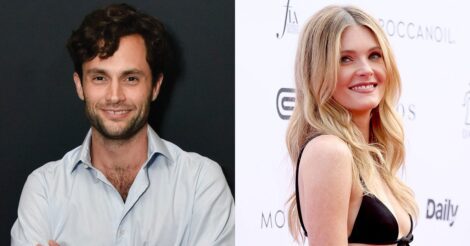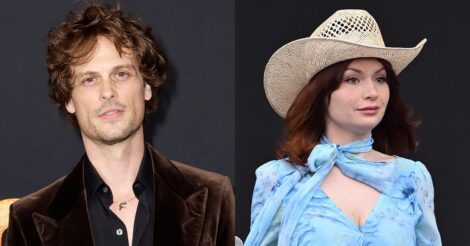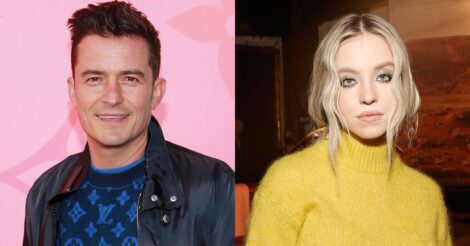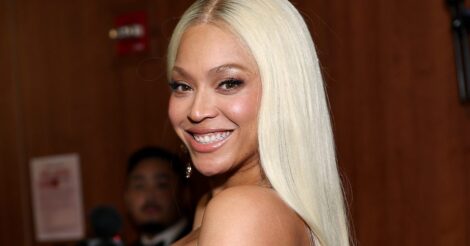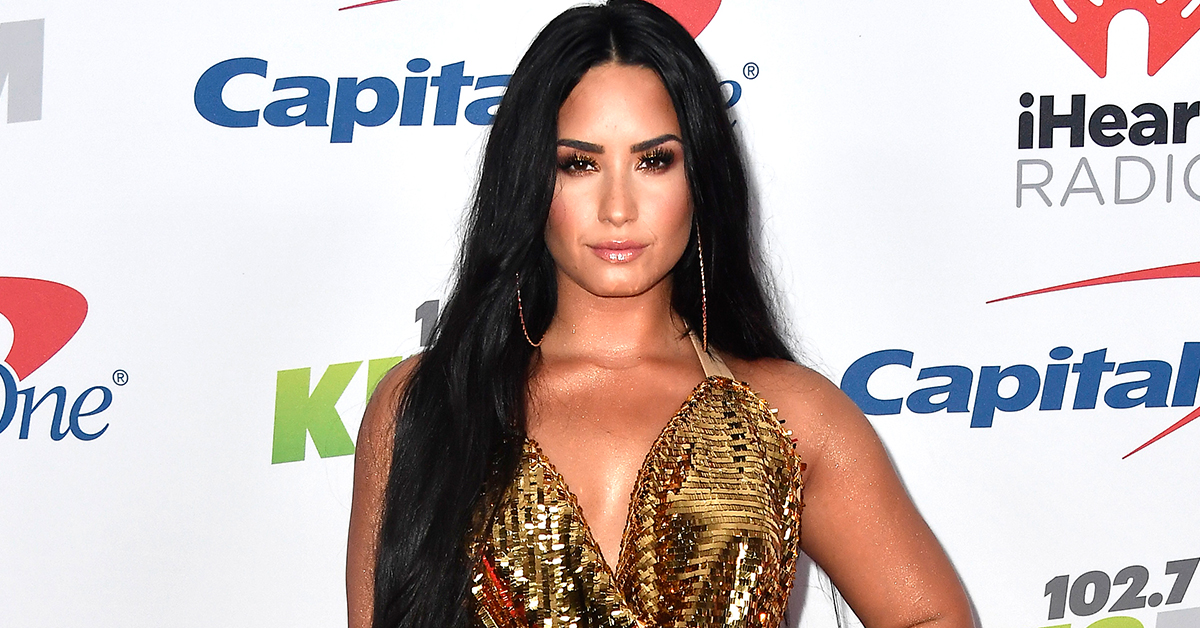
Dem Lovato wants to clear up some misconceptions about her struggles with mental health and addiction.
Talking to Diane Guerrero on her podcast, Yeah No, I’m Not OK, Demi says many think that “if people are using drugs or if they are dealing with an eating disorder or self-harm that they want to die.”
But, based on her own experience, it’s not always the case.
“In the same way it almost killed me, it saved my life at times, because there were times that I dealt with suicidal ideations,” she said. While she admits that addiction was a “destructive coping mechanism” she said that, despite being harmful, it allowed her an avenue other than suicide
“I turned to those coping mechanisms because I genuinely was in so much pain that I didn’t want to die and I didn’t know what else to do,” she shared.
Opening up about her struggles with mental health and addiction was one way she could reach out and let others know they aren’t alone in what they’re going through. She got candid about how she’s evolved as a person over the years.
“I’ve tried on many identities over the years,” she said. “The sexy feminine pop star that I felt like people wanted me to be or the poster child for recovery. And now I’m embracing the fact that my lack of commitment to any one identity isn’t a lack of commitment. It’s just an openness to continue to evolve.”
Demi has previously revealed the dire repercussions of her near-fatal overdose in 2018 in the trailer for her upcoming documentary special Demi Lovato: Dancing With the Devil : “I had three strokes. I had a heart attack. My doctors said that I had five to 10 more minutes [to live].”
Fortunately, she was able to pull through – but not without lasting effects that she suffers from until today, which includes brain damage that still affects her vision.
“I don’t drive a car because I have blind spots in my vision,” Demi revealed during the virtual Television Critics Association press tour. “For a long time, [I] had a really hard time reading. Reading was a big deal when I was able to read out of a book, which was two months later because my vision was so blurry, I dealt with a lot of the repercussions and I think they are kind of still there to remind me of what could happen if I ever get into a dark place again.”
While it does impact the way she lives her life, she chooses to be “grateful for those reminders,” which were part of what led to her personal awakening.
“But I’m so grateful that I’m someone who didn’t have to do a lot of rehabbing,” she added. “The rehabbing came in the emotional side and the therapeutic side internally. I did a lot of work after that, just not physical.”
She also candidly reflected on her journey to recovery.
“I wouldn’t change a thing because everything had to happen in order for me to learn the lessons that I learned,” Demi shared. “It was a painful journey. I look back and sometimes I get sad that I had to endure to overcome what I have, but I don’t regret anything. And I’m so proud of the person I am today and I’m so proud that people get to see it in this documentary. And I couldn’t be more grateful to have someone by my side [director Michael D. Ratner] to help me do this.”
